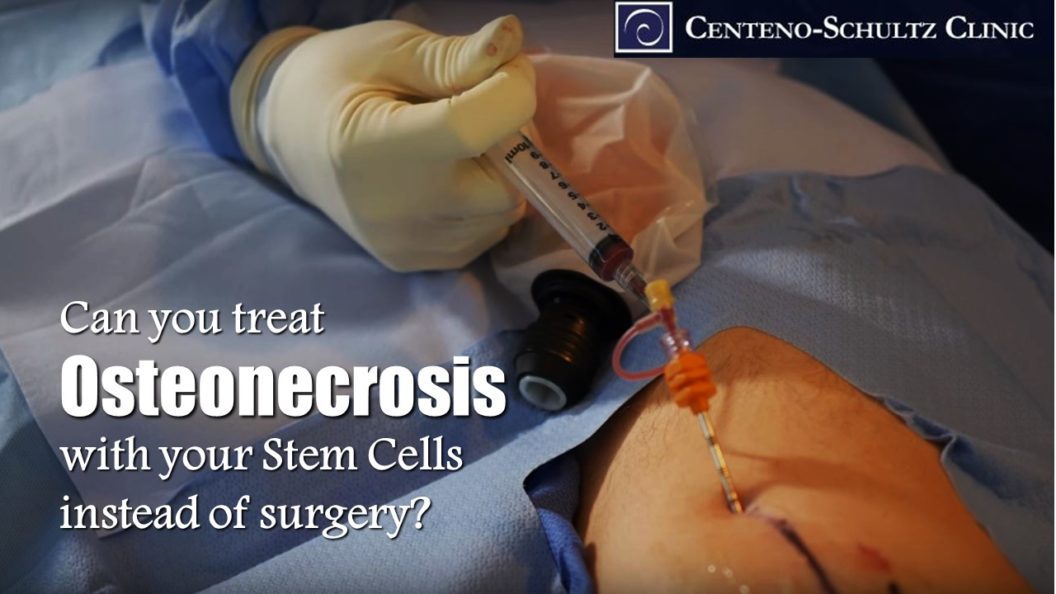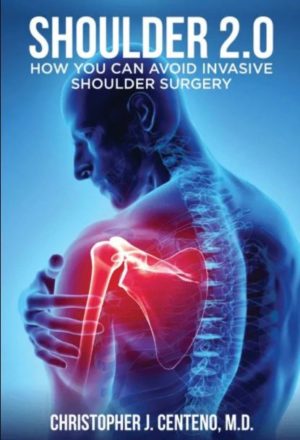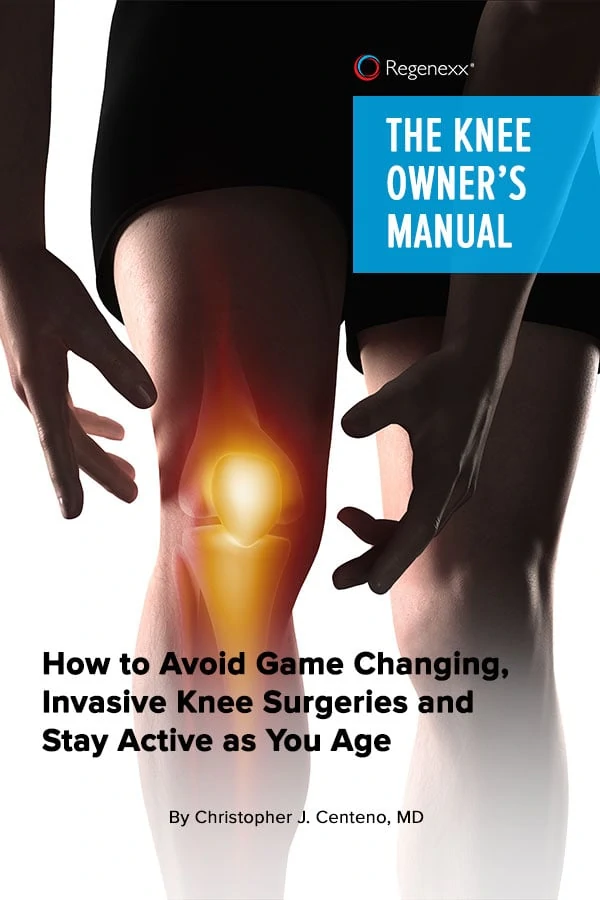Osteonecrosis, directly translated, means death (necrosis) of bone (osteo-). It can be a frightening diagnosis for a patient to hear. First, a patient will likely wonder if there is anything that can be done to stop the bone from dying, and if the physician advises surgery, which they almost always do, a patient might wonder if surgery is the only option. So can osteonecrosis be treated without surgery? Before we answer that question, let’s first define osteonecrosis and osteonecrosis surgery.
What Is Osteonecrosis?
In osteonecrosis, also known as avascular necrosis, the affected bone begins to die. As this process plays out, the bone loses its structural support, and, put simply, the bone becomes mushy. At one time, it was believed this specifically occurred due to a lack of proper blood supply to the area (hence, the term avascular, meaning lack of blood vessels). And while this may be the case for some, we now know that in most cases, we either don’t know what’s causing it or the catalyst for osteonecrosis is some type of toxic effect to the bone-maintenance cells due to chemical poisoning.
What would cause a bone to simply start dying? Osteonecrosis is attributed to a number of issues, including the use of steroids, the use of pharmaceuticals that treat osteoporosis, chemical exposure, and alcoholism. We see osteonecrosis most often in the bones of the hip, and it is a very fast-progressing disease here that, if left untreated will result in collapse of the affected bone. In fact, we’ve seen the disease advance so rapidly that a hip with a small amount of osteonecrosis can collapse within just a few months. We’ve also seen the disease attack both hips as well as a second joint, such as the knee or even a shoulder. And in rare cases, we’ve seen osteonecrosis in multiple sites (like the patient at this link who developed the disease in 11 sites following lengthy Prednisone use).
Surgery for Osteonecrosis
A couple of surgical options might be presented for osteonecrosis. One involves reaming out the necrotic, or dead, areas of the bone—a surgery called core decompression. The other, if the disease is in the bone at the joint, such as the hip, is a total replacement of the affected joint. With the core decompression, the surgeon drills a tunnel through the osteonecrotic bone and may also insert a bone graft plug or dowel. If that surgery fails to work, the joint is then replaced. Both surgeries are accompanied by many risks and a long list of side effects.
The good news is that osteonecrosis often can be treated without surgery.
Treating Osteonecrosis with Your Own Stem Cells
The fluoroscopy image at this link shows osteonecrosis in an ankle and hip, of one of Dr. Schultz’s patients, being treated with advanced injections of the patient’s own stem cells. This patient developed osteonecrosis due to long-term use of a steroid inhaler for chronic sinusitis.
During this minimally invasive procedure on the hip and ankle, X-ray guidance using real-time fluoroscopy imaging allows Dr. Schultz to precisely inject the patient’s bone marrow stem cells into the affected areas. We’ve not only seen success in our own patients with this procedure for over a decade, but there is firm research, dating back to the ‘90s showing these injections work in early osteonecrosis. In addition, injections of the patient’s own stem cells for osteonecrosis, when compared to highly invasive surgeries, come with much shorter recovery times and fewer complications.
Can osteonecrosis be treated without surgery? Yes, but the important takeaway here is that you consult with your interventional orthopedics physician who has specialized through the Interventional Orthopedics Foundation to be able to perform this advanced injection procedure. A traditional orthopedic physician, who will likely only recommend surgery for osteonecrosis, isn’t trained to perform interventional orthopedic procedures such as those we provide at the Centeno-Schultz Clinic.


